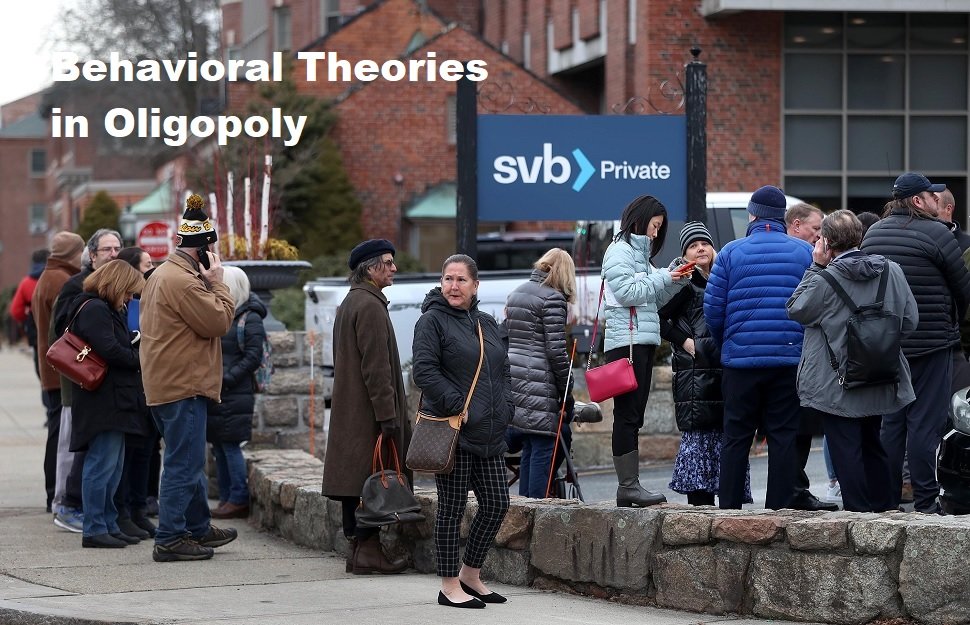On May 10, 2025, four prominent European leaders—United Kingdom’s Prime Minister Keir Starmer, France’s President Emmanuel Macron, Germany’s Chancellor Friedrich Merz, and Poland’s Prime Minister Donald Tusk—made a significant diplomatic visit to Kyiv, Ukraine. Their visit was centered on discussing a critical proposal for a 30-day ceasefire in the ongoing conflict between Russia and Ukraine. This high-profile meeting underscored the growing international efforts to seek a peaceful resolution to a war that has deeply affected the region and the world.
The conflict between Russia and Ukraine, which escalated dramatically in recent years, has resulted in widespread devastation, loss of life, and geopolitical instability. The war has drawn global attention, with many countries calling for an end to hostilities and a return to diplomatic negotiations. The visit by these European leaders to Kyiv was a clear demonstration of solidarity with Ukraine and a concerted effort to advance peace talks.
During their visit, the leaders met with Ukrainian President Volodymyr Zelenskiy to discuss the details and implications of a proposed 30-day ceasefire. This ceasefire, backed by both the United States and European nations, aims to create a temporary halt in fighting to allow space for meaningful negotiations toward a just and lasting peace. The leaders issued a joint statement emphasizing the urgency of the situation, calling on Russia to agree to a “full and unconditional” ceasefire. They stressed that such a pause in hostilities is essential to pave the way for dialogue and conflict resolution.
President Zelenskiy expressed his support for the ceasefire proposal, describing it as a “real indicator” of progress toward peace. He conveyed Ukraine’s readiness to implement the ceasefire immediately, signaling a willingness to take concrete steps to de-escalate the conflict. This stance was seen as a positive move toward opening channels for negotiation and reducing the human suffering caused by the war.
However, the response from Russia has been more cautious. While Moscow has indicated a theoretical openness to the idea of a ceasefire, it has attached several conditions, or “nuances,” that must be addressed before committing. One of the key issues raised by the Kremlin is the ongoing supply of weapons from the United States and European countries to Ukraine. Russia insists that these arms shipments must cease as part of any ceasefire agreement, a demand that complicates the negotiations.
The European leaders’ visit to Kyiv was not only a diplomatic gesture but also a strategic move to increase pressure on Russia to accept the ceasefire terms. Germany’s Chancellor Friedrich Merz highlighted that the decision ultimately rests with Moscow, but the international community must continue to push for peace. The coalition of European nations, alongside the United States, is working to reinforce any eventual peace agreement with security guarantees, which may include the possibility of deploying troops in Ukraine to maintain stability.
This diplomatic effort is part of a broader international push to end the conflict, which has seen multiple attempts at ceasefires and peace talks over the past years. The involvement of key European leaders signals a unified front and a commitment to supporting Ukraine while seeking to avoid further escalation. The visit also included a “fruitful call” with former U.S. President Donald Trump, who has been advocating for the ceasefire, reflecting the transatlantic dimension of the peace efforts.
NATO Secretary-General Mark Rutte also participated in discussions with world leaders, emphasizing the importance of a “just and lasting peace” for Ukraine. He underscored that a ceasefire must be “full and unconditional” and supported by continued concrete assistance to Ukraine. The alliance’s involvement highlights the complexity of the conflict and the need for coordinated international action.
Despite these efforts, the path to peace remains challenging. Russia’s insistence on preconditions and its ongoing military operations indicate that the ceasefire proposal faces significant hurdles. The international community continues to monitor the situation closely, urging all parties to prioritize diplomacy and the protection of civilians.
In conclusion, the visit of Prime Minister Keir Starmer, President Emmanuel Macron, Chancellor Friedrich Merz, and Prime Minister Donald Tusk to Kyiv on May 10, 2025, marked a pivotal moment in the quest for peace in the Russia-Ukraine conflict. Their discussions with President Zelenskiy and the joint call for a 30-day full and unconditional ceasefire reflect a strong commitment to ending the war through dialogue and negotiation. While challenges remain, this diplomatic initiative represents hope for a reduction in violence and a step toward a sustainable resolution that respects Ukraine’s sovereignty and the security concerns of all involved parties. The coming weeks will be crucial in determining whether these efforts can translate into tangible progress on the ground and a lasting peace for the region.









